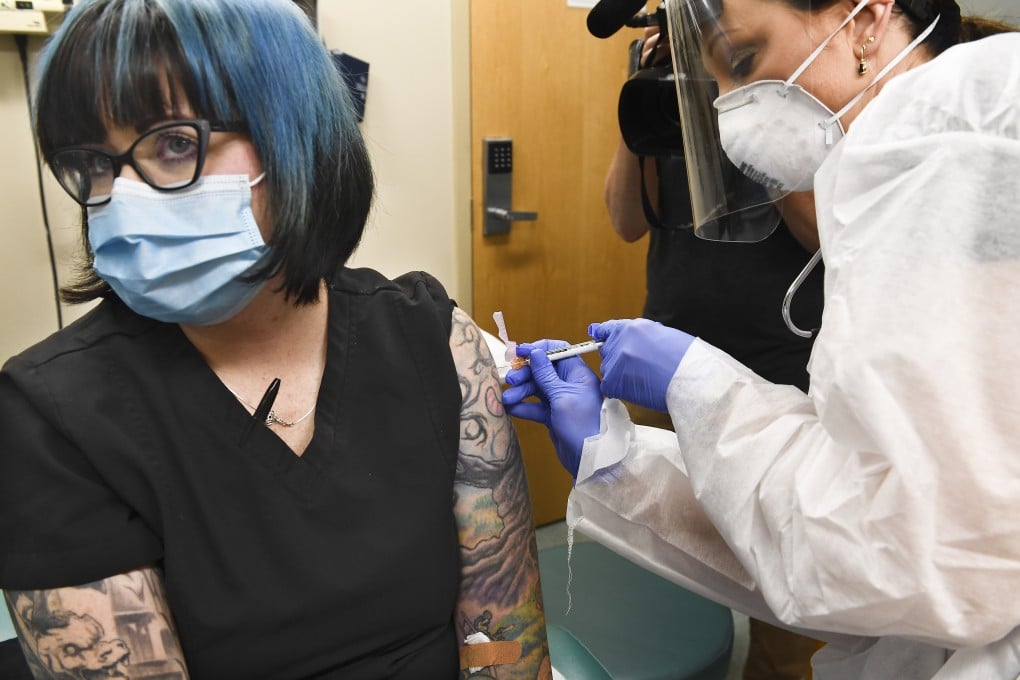Explainer | If a coronavirus vaccine passes human trials, how does it get approved?
- There are dozens of vaccines in development but there is still a regulatory process to go through
- With regulators under enormous political pressure to approve a vaccine, public trust will be critical to success

In the background, though, teams of scientists were deconstructing the virus that causes Covid-19 and how the body fights it, in the hope of developing a vaccine, an ever more urgent task as the pandemic claimed more than 700,000 lives.
There are more than two dozen vaccines now in human trials, as developers seek to speed up a process that typically can take years.
Money is no object as governments pledge billions of dollars for vaccines to not just save lives, but also rescue the world economy and millions of livelihoods.
What does it take to get a vaccine approved?
The first clinical trials show if an experimental vaccine is safe and produces an immune response to a virus. Successful candidate vaccines progress to Phase 3 trials which evaluate whether they will work to protect against Covid-19 in thousands of test subjects.
What happens next will be in the hands of regulators in multiple countries.